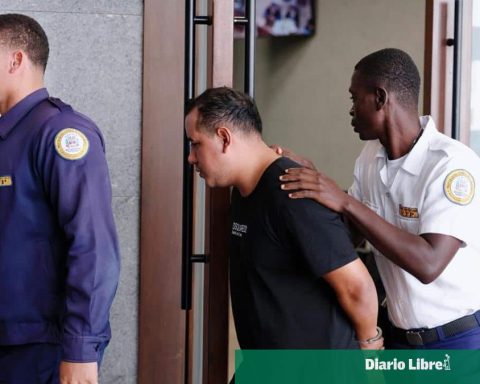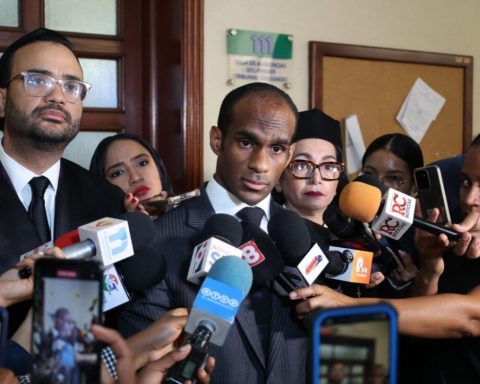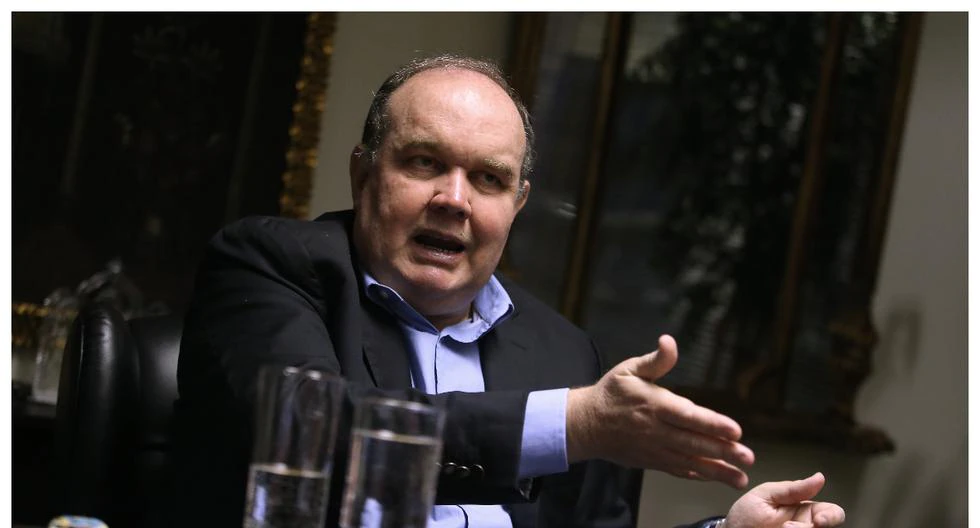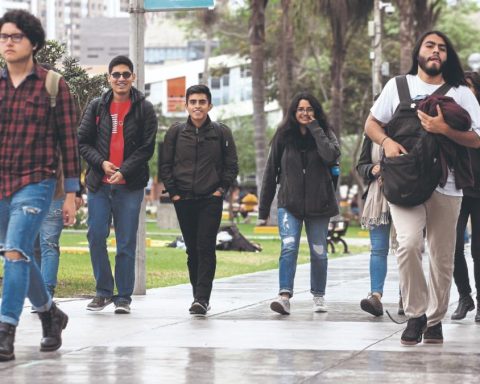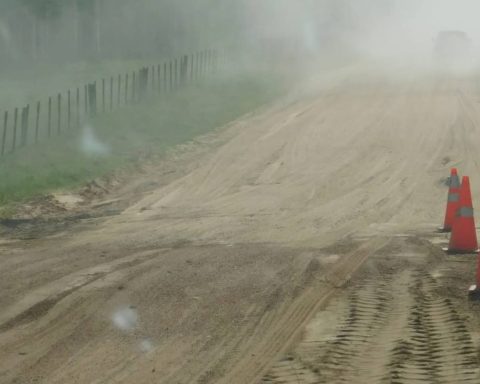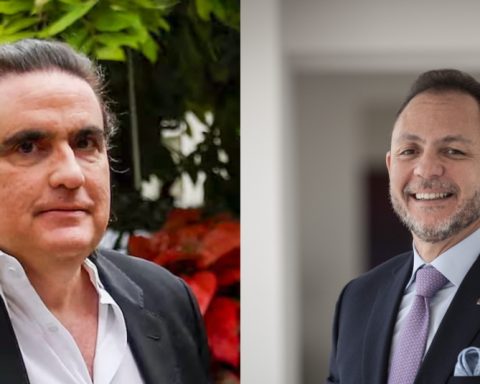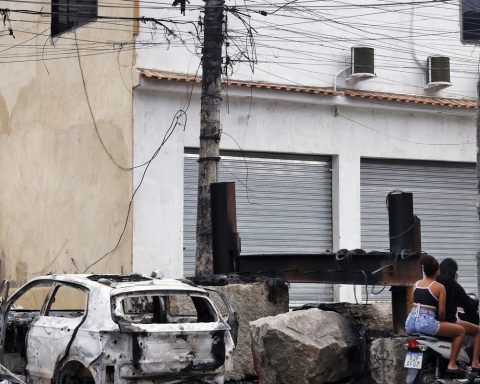The titular member of the Central Electoral Board (JCE), Rafael Armando Vallejo Santelises, affirmed this Sunday that the existence and functioning of a system of indirect or representative democracy is inconceivable without the presence of political parties, since the performance of their functions is essential for bringing together the various social interests .
At the opening ceremony of the “Master in Political Science and Electoral Administration”which will be taught by the Autonomous University of Santo Domingo in coordination with the National School of Electoral Training and Civil Status (EFEC) Vallejo gave the conference “Political Parties: Threats to their permanence”, in which he highlighted that he detailed different challenges to those faced by these organizations.
“The growing need for greater economic resources to manage party political activity with the possibility of success sometimes leads the leaders of some political parties to incorporate illicit practices in the process of obtaining financing for candidates and electoral campaigns”he expressed.
In the activity that was attended by the Plenary of the JCEVallejo explained that considerations of this nature influenced the spirit of the Plenary of the JCE to propose in the set of modifications submitted to the National Congress, in the context of its attribution to the legislative initiative in electoral matters, in the field of Organic Law of the Electoral Regime 15-19.
In this sense, he said that the proposal contemplates “the significant reduction of the amounts that the law allows to spend for each of the positions of popular election, but also the reduction of the times in which both the parties, groups and political movements and the aspirants, pre-candidates and candidates can carry out proselytizing activities for electoral purposes in an open or disguised manner”.
Among the elements highlighted by Vallejo as a threat to political parties, he mentioned false or dirty campaigns, defined by the constitutional Court as “one who resorts to offenses, invents information, falls into slander or interferes in the private life of the candidate.”
“Consequently (social networks) facilitate the anonymity and therefore the impunity of those who conscientiously and deliberately resort to these harmful methods to persuade the electorate not to vote for a specific candidate and unfairly damage a reputation,” he added.
Given the above, Vallejo considered that the parties should try to rescue the trust that they may have lost before the citizens, resuming the inalienable commitment to ensure the common good.
“I am convinced that representative democracy has to find the tools to improve the quality of life of all sectors of our society, particularly with the marginalized, that the catalog of fundamental rights of our constitution have a real presence in the lives of all and that leads us to the conviction that it is worth living in a democracy”, he pointed out.
Vallejo’s presentation was given by the president of the JCE, Román Jáquez Liranzo, who highlighted the speaker’s qualities of being a fair man, firm in values and principles.
“A full server, defender of democracy and identity, but above all a worthy and very humane man,” he said.
On behalf of the rector of the UASD, Editrudis Beltrán, the vice-rector for research and postgraduate studies, Radhamés Silverio, spoke, who highlighted the role and pulse that the JCE is giving to this never-before-seen training program, promoting the training of its staff and the community that interacts with them.
Meanwhile, the director of the National School of Electoral Training of the Civil State (EFEC), Felipe Carvajal, highlighted that the training program of this academic arm of the JCE has taken on the challenge of training actors in electoral administration and political science. political parties, institutional servants and civil society.
The Conscious Vote. Prior to the start of the activity, a support team was set up to fill out forms to attract people interested in being part of the polling stations. This is an activity that is part of the ‘Conscious Voting’ program, which seeks to feed the bank of eligible people with people who are part of academic training spaces.
The Conscious Vote is an initiative that arises from the office of Judge Dolores Altagracia Fernández in coordination with the National Directorate of Elections and the EFEC, which consists of the preparation of a series of talks and talks aimed at different segments of the population, including unions professionals, students and citizens in general.
The act was attended by the alternate members of the JCE, Dolores Vanahí Bello Dotel, Anibelca Rosario, Freddy Ángel Castro. The general secretary of the JCE, Sonne Beltré Ramírez. Likewise, the directors of Elections, Mario Núñez; Information Technology, Johnny Rivera and Electoral Registry, Luis Mariano Matos.
In addition, members of civil society, representatives of political parties, groups and movements, the media and citizens in general participated.

